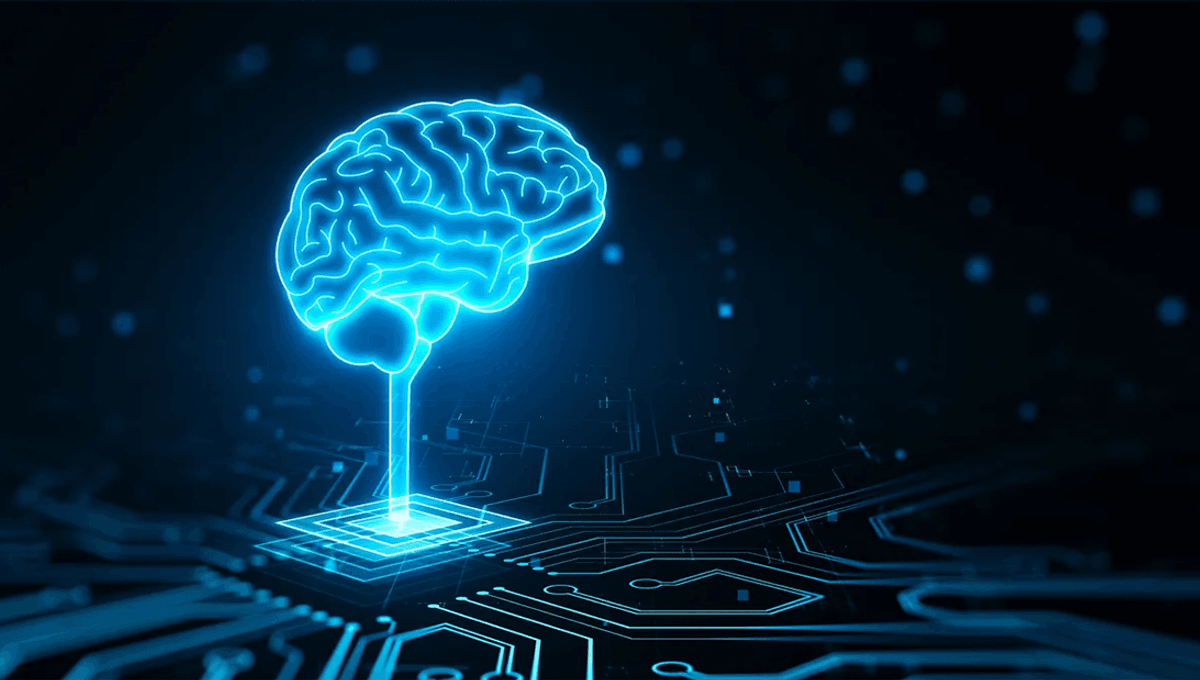Imagine a future where artificial intelligence (AI) has advanced so much that we start questioning whether machines can truly be conscious. Will we ever reach a point where we ask ourselves, “Is this machine aware?”
The famous Turing Test, created by the brilliant mathematician and computer scientist Alan Turing, aims to determine if a computer can deceive a human into believing it is just another ordinary human. With the continuous improvement of natural language models and AI chatbots, machines are becoming increasingly successful at convincing us that they possess human-like qualities. However, this does not mean they are conscious or truly understand the conversations they engage in. Essentially, they receive input, apply algorithms, and generate output that is statistically more likely to please and make sense to the human interacting with them.
In essence, the sophistication of AI in various tasks, even those we consider uniquely human, does not equate to consciousness. So, how can we discern if AI has truly achieved consciousness?
In a preprint paper, which has yet to undergo peer review, a team of neuroscientists, computer scientists, and philosophers propose indicators that could suggest consciousness in AI. Drawing inspiration from various theories of human consciousness, including the Global Workspace Theory, the team explores how these theories might apply to AI.
While the Global Workspace Theory is not explicitly a theory of consciousness, as these processes could theoretically occur without agency, the team suggests that AI meeting the conditions of this theory, such as making information from all modules available to the workspace, could be a potential indicator of AI consciousness.
The team also examines other theories, such as the higher-order theory, which posits that consciousness requires awareness of thought and function derived from higher-order awareness in the mind. If AI demonstrates aspects of this theory, such as the ability to select which inputs to focus on and direct attention to specific information, it could serve as another indicator of AI consciousness.
The team acknowledges that their paper is far from being the final word on the subject. They aim to inspire further research on consciousness and its implications for AI, whether it arises accidentally or by deliberate design.
“One argument supporting the likelihood of building conscious AI is that consciousness is associated with greater capabilities in animals. Therefore, as we strive for more capable AI, we may inadvertently create conscious AI systems,” they conclude.
The preprint of their paper can be accessed via arXiv.








